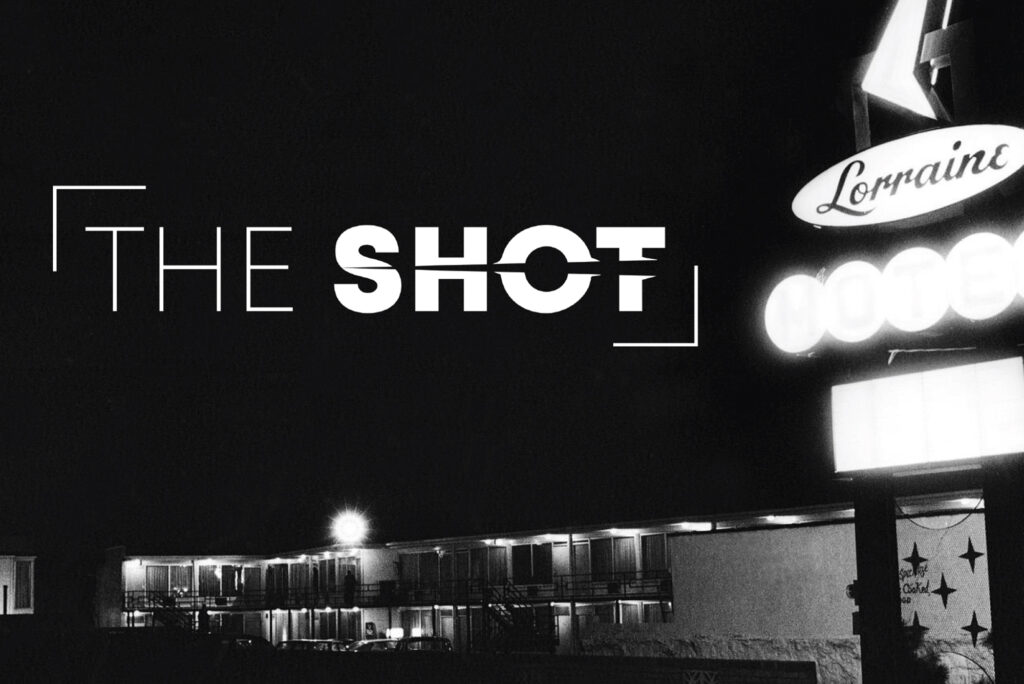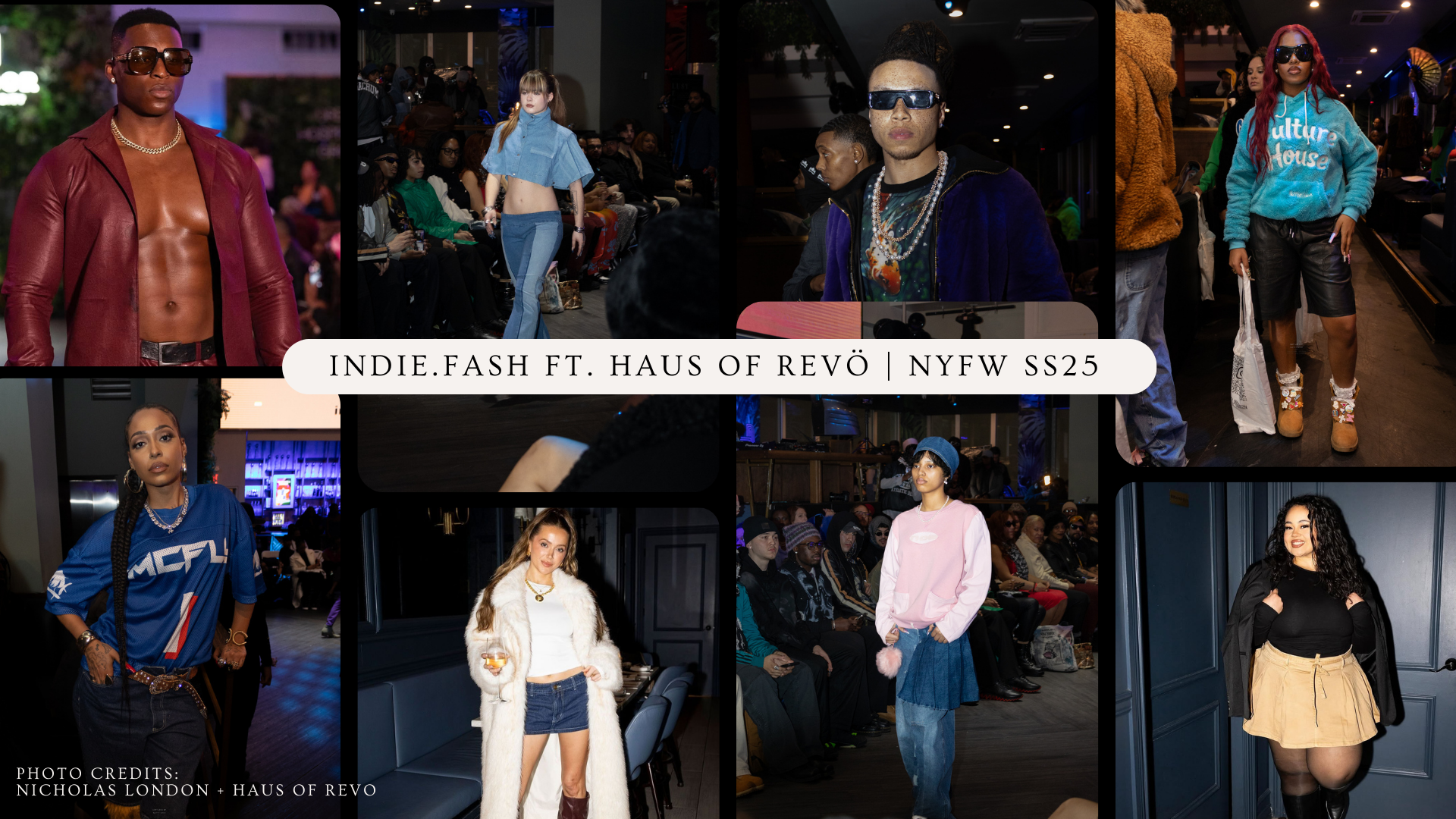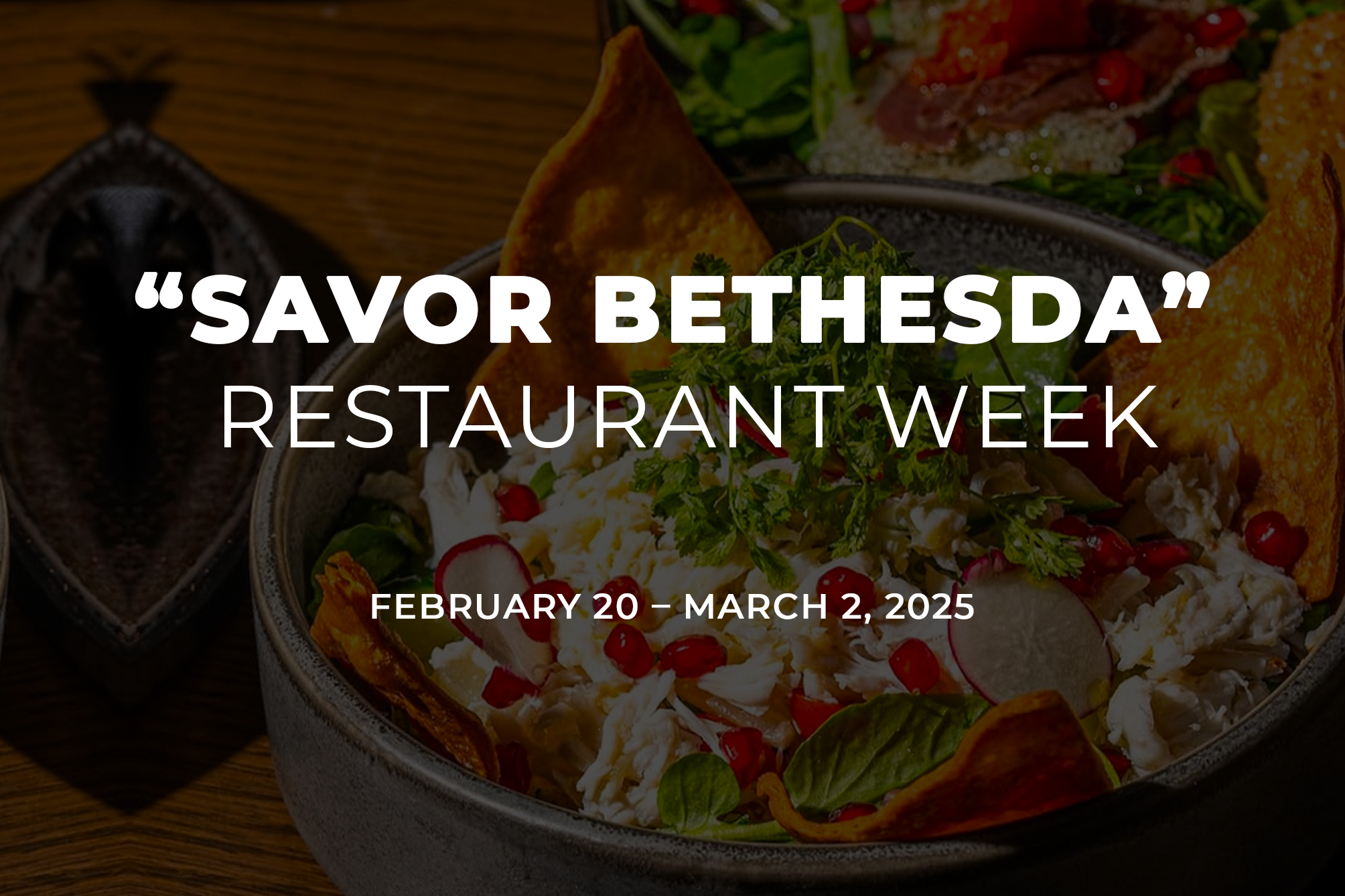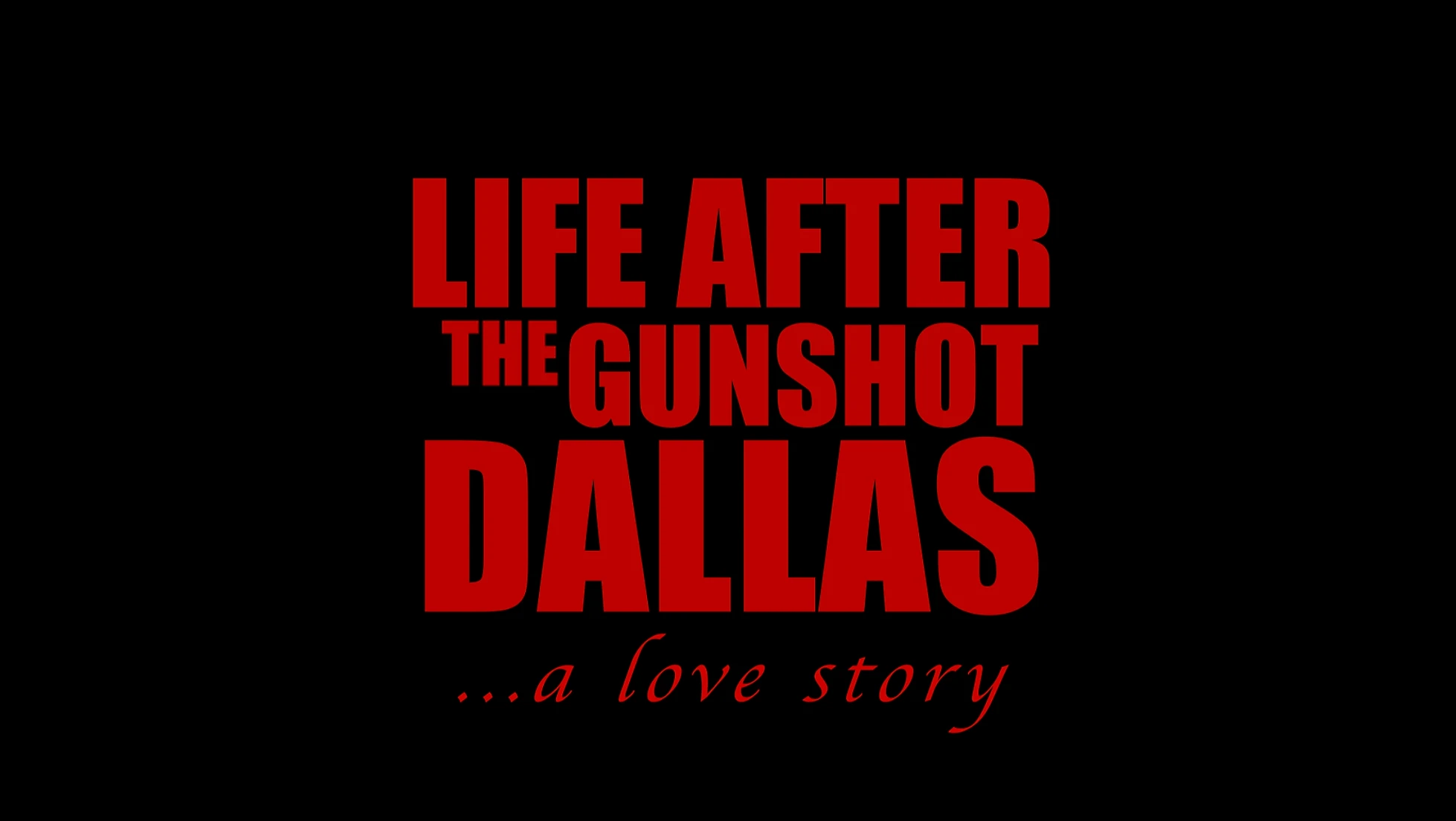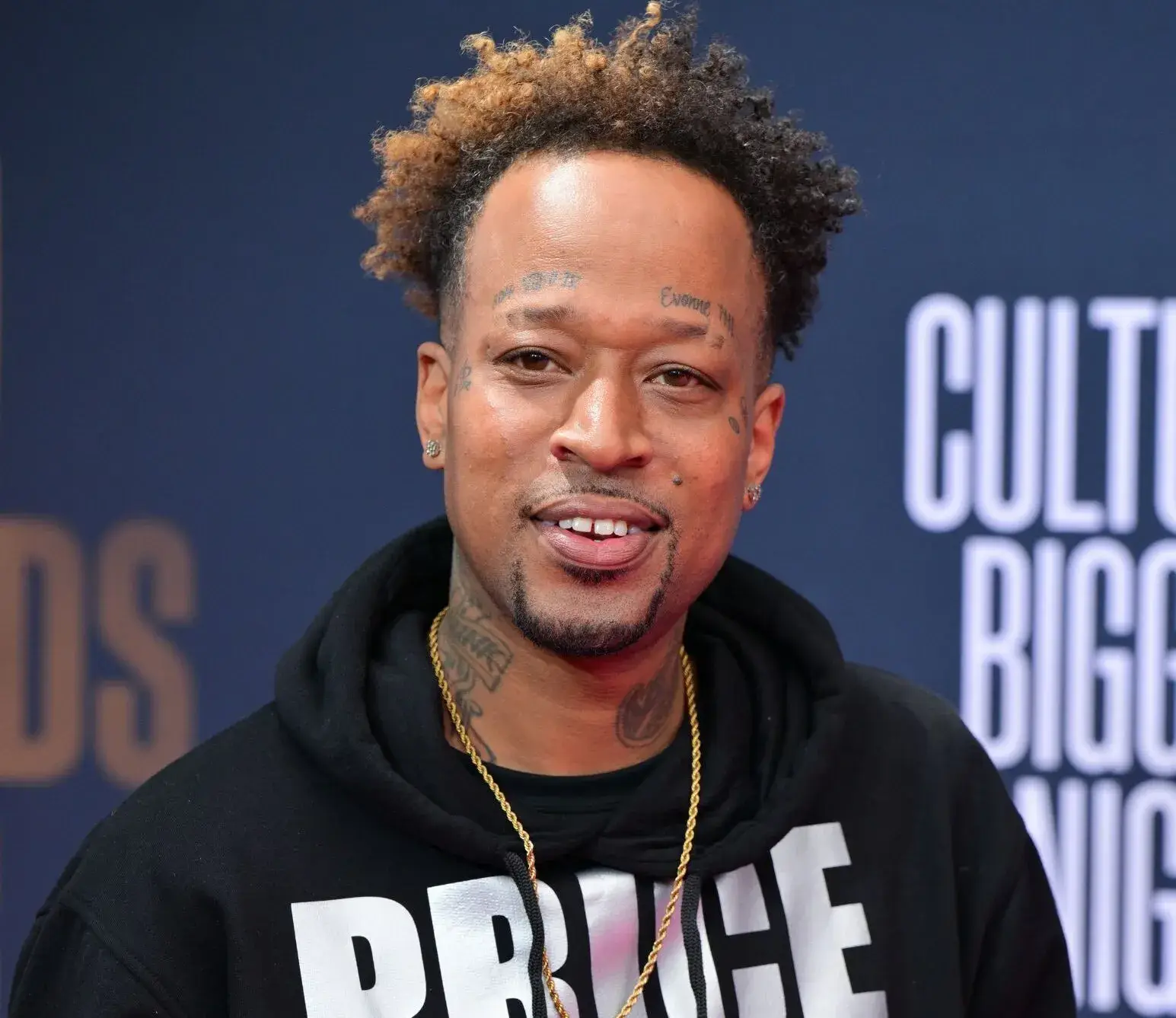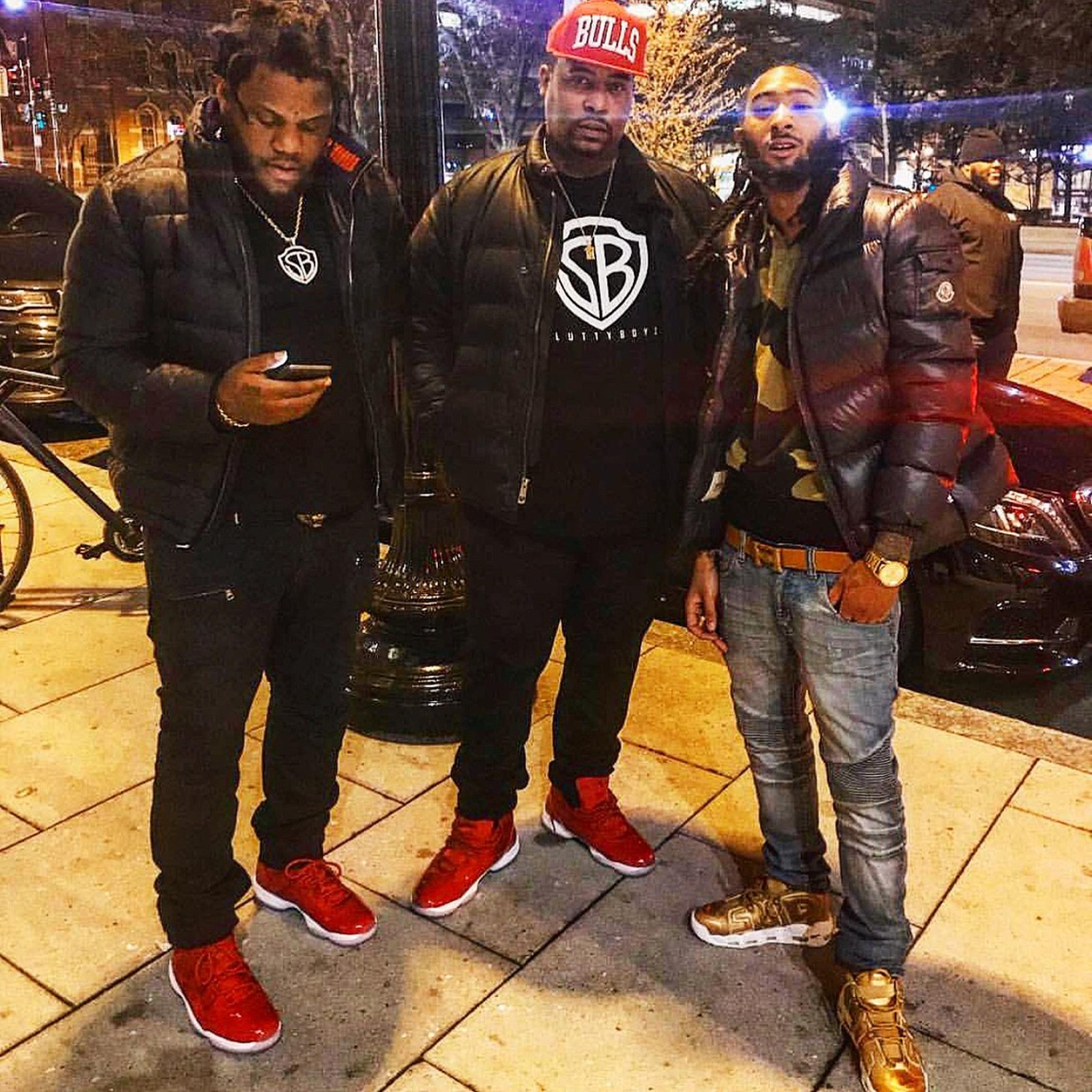
The DMV Daily Interviews: Debo
Prospering Through The Politics, A Conversation With Debo
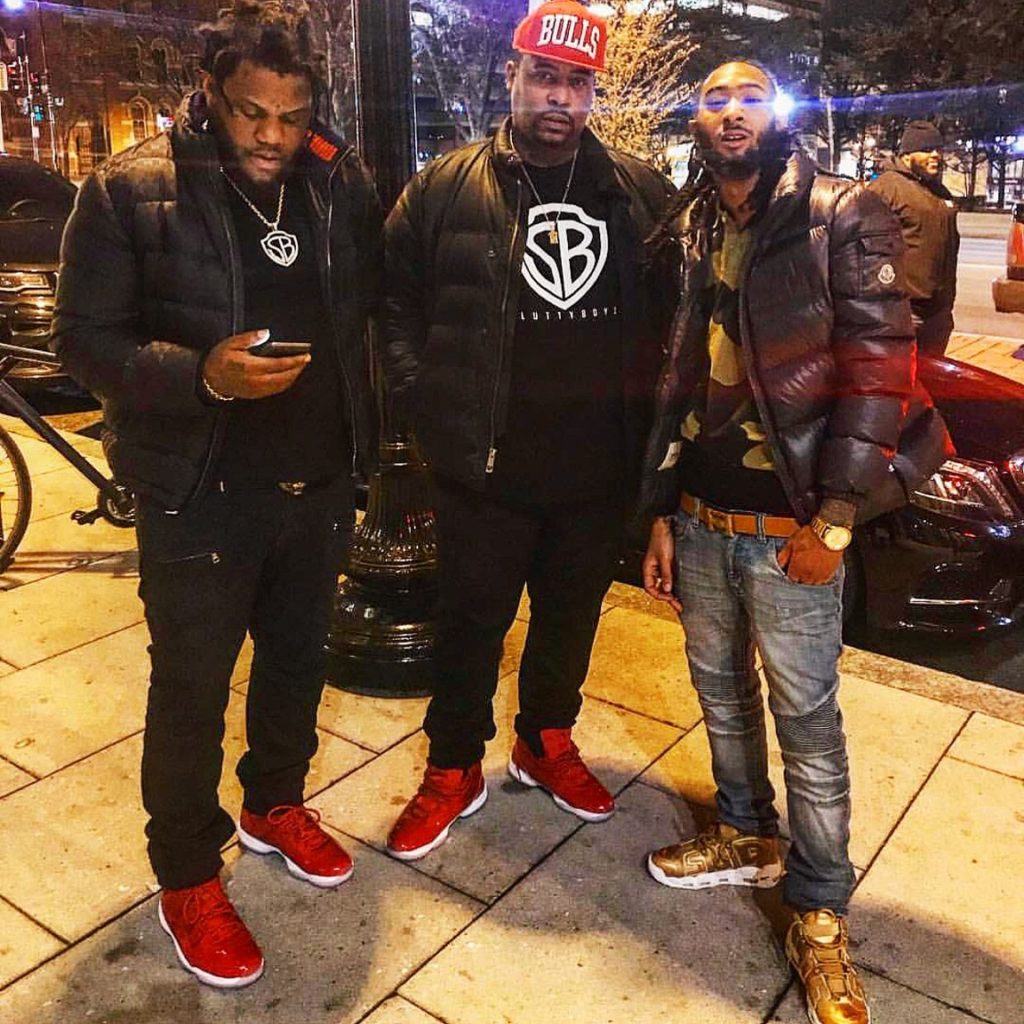
This interview has been in the making for a while I first reached out to Debo in 2017 however Fat Trel was caught up in some legal trouble and due to scheduling issues the interview just kind of fell through. With that being said I reached out to a mutual connect and finally made it happen. Chopping it up with Debo, I learned a lot about the underappreciated sacrifices managers make, his transition from a rapper to a manager, mentord, and Trel signing to MMG.
Juneil: Around what age or point in your life did you first become interested in being part of the music business?
Debo: When I was eight years old, my older cousin . . . we called him CAP, Lemar Nelson, they had a group and . . . I liked what they did. . . so I’d say around eight years old id when I realized I wanted to be in music.
Juneil: At that time did you want to be a manager, did you want to be a rapper? What was your aspiration at that time?
Debo: That’s the thing, I started off rapping. Prior to even getting behind the scenes and doing management. I was a rapper at first.
Juneil: Okay, and this was during your time being in New York?
Debo: Yeah, I was saying like when I threw my first line, I was nine years old and from there on it was pretty much, writing raps. I mean rapping over instrumentals and stuff like that.
Juneil: What makes a good manager?
Debo: What makes a good manager. Someone with connections, someone with . . . the insight of, the inner-workings of the music industry is like, as far as you know– I would say I knew what I wanted for myself as an artist and I did homework on the game from an artist standpoint it made me realize that, okay I can view some of the same tactics.
Juneil: How did you build the network to be able to even take on a management position?
Debo: Well for me, I started rapping, I grew up around Juelz,Dipset, Murda Mook
and all that battle rap and I always was a cool dude, I definitely always had my hair trimmed, that also played a big part in it. But it’s just networking, you just cool and you’re associating with people who are doing good business. It’s like a no brainer.
Juneil: When you started getting more into the music industry making connections, were there things about how the industry works that really surprised you or upset you?
Debo: I think there is a lot of politics in the industry that I wasn’t prepared for. So, that what has been surprised when I started to see certain things. And how much ass kissing be going on and ego stroking e going on, so it wasn’t too surprising, but just to see it in action was just like, “man you know, I want to take the Birdman route. I want to take the Master P route, the independent route . . . you get a lot more privilege . . . doing it by yourself. But yes, labels are cool and everything like that, labels are great at establishing artists, but if they don’t really agree with you, then you’re going to be another artist on the shelf, you know.
Juneil : When you were coming up man, did you have any mentors? The people you worked under, did they help you to get the skills that you utilize today as a manager and just in your career?
Debo: Yeah. Yeah. Yeah. Most definitely.
God bless his soul, my right-hand man, Dennis Chang. He used to own Dada clothing line. He passed away a couple of years ago. He passed right as we were getting our deal with MMG. So, he pretty much was very instrumental in a lot of the knowledge that I have. Another mentor, this gentleman named– he’s definitely a big brother as well, his name was Tupac . . . he was DC’s top promoter. e had one of the top promotional companies out here in DC called Mad Power Unit I was actually signed with them as an artist. When I first came to DC, I was an artist, and then I stumbled into the management. Just due to sometimes, you just know when it’s time to pass the torch. And I felt like it was time to pass the torch, so– and plus I’m from New York . . . they didn’t take to me as an artist in the DMV, being that I’m not from there. That was definitely a challenge in itself. Yeah, Tupac and Dominique Moxy and Dennis Chang. Those are all my top influential people, that helped me pretty much learn the things that I’ve developed.
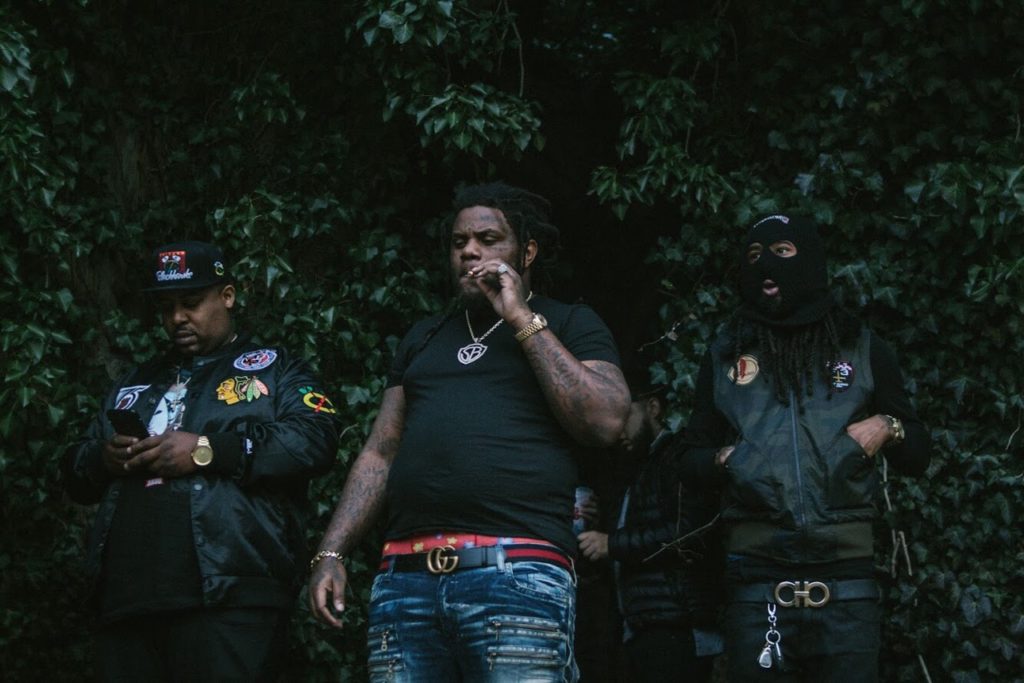
Juneil: How did you know Fat Trel was a good investment, a good client worth managing?
Debo: When I first met him, he sounded like a battle rapper from New York. That’s what first really got to me like into it like yeah, I got to rock with this kid. I just heard it, I believed him, I saw what he didn’t see. That is the talent I just said it helps keep that in order.
Juneil: Speaking of going back to signing to MMG I don’t know how much you could talk about it but you just tell me how the situation got set up. So for you all to be able to meet and to get that contract signed?
Debo: Going back to when I used to rap. I had a whole mixtape with Rick Ross around like 2006 and that was the gentleman I was telling you about earlier
Tupac . . . they were pals you know. They were one of the biggest promoters out in the DMV area. So they booked him around here. We went to that studio on the same night. We recorded a couple of pieces and did a whole project. Fast forward to Wale. Wale always has always been a staple and has always been my boy. We’ve just always maintained a good relationship. There was a time when him and Trel wasn’t seeing eye to eye and I had just come home from doing a short bid or whatever. I just called him in all the same as them that the credit of my name holds was out here. I said look, just call up a couple of favors called Wale, spoke to him cleared the whole Trel thing up. He pretty much, at that time he was already and . . . it was just like, I want you all to be a part of what I got going on. Then he made the call to Ross and you know the rest is history. Ross did have his eye on Trel it was — it’s just time. It probably wasn’t the right timing. When I was away, things happened that I can’t really get into. With old management and and stuff like that. The opportunity just presented itself for me to step in and put it together and take it to the next level.
Juneil: What does success mean to you?
Debo: Success to me is pretty much giving back and helping the next generation with their dreams and goals. Just being a leader and a role model, that’s being successful to me. Money comes and goes. I had money before I even got here with what I’m doing as far as management. Money takes care of things but I’m not really chasing the monetary aspect of it. I want to really give back, and like I said, just write my name in the history books of leadership and stuff like that.
Juneil: So, of course, in your career, you’ve made a lot of business moves. You’ve been involved in working with a lot of different people. What’s one of the most difficult tasks you ever had to complete as a manager, just doing what you do in the music industry? What are some really difficult things that you’ve been able to complete, whether it be a task, whether it be something you were trying to accomplish?
Debo: The most difficult?
Juneil: It could be something you had to give up. It could just be anything that was really difficult that you were able to get through and get done to get to a goal.
Debo: The most difficult thing I will say is time spent away from family and your kids. That’s the most difficult thing about this career choice. You can never get it back, you know? You got to really put your time into it. And if you don’t, it’s like you’re wasting your time, but at the same time, your time just takes you away from a lot.
Juneil: I feel what you’re saying on that one. I want to say, man, thank you for the opportunity to interview. Thank you.
Debo: Thank you, man. So many people don’t understand the role of a manager, so I appreciate you just shed a light on that.
Follow Debo on Twitter @Debo155


